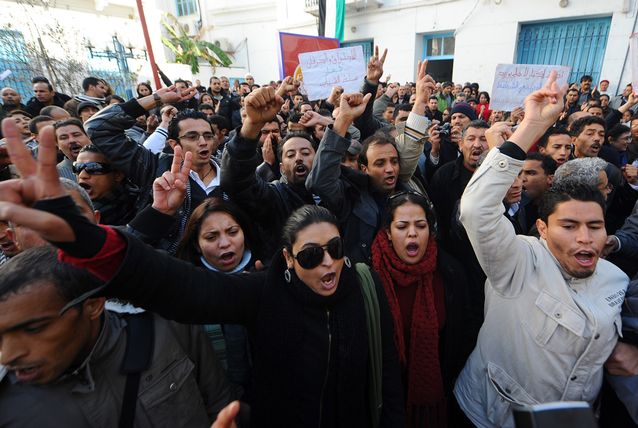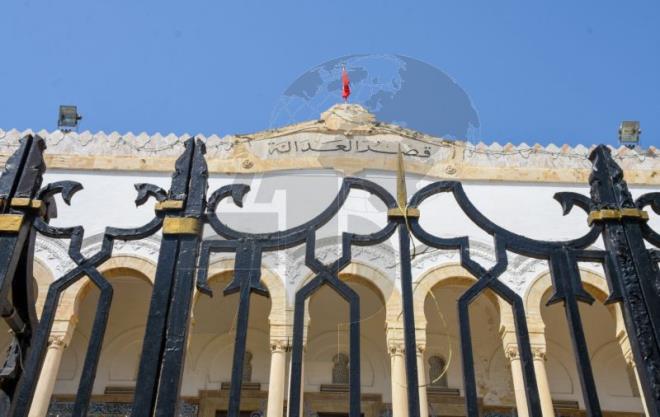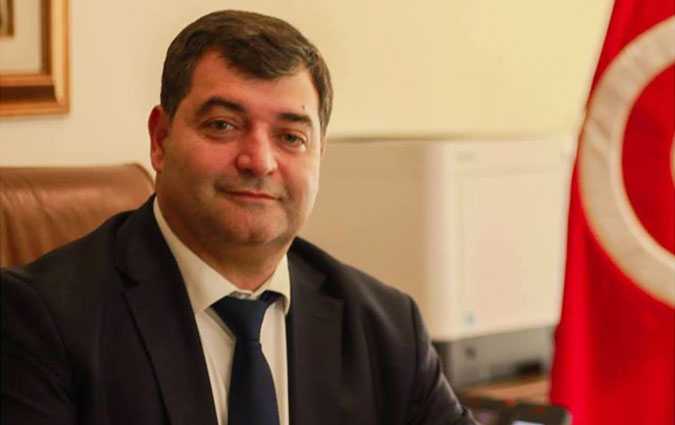 Tunisia continues to face elevated macroeconomic vulnerabilities and high unemployment, said the IMF Executive Board after completing the second review under the Extended Fund Facility (EFF) Arrangement.
Tunisia continues to face elevated macroeconomic vulnerabilities and high unemployment, said the IMF Executive Board after completing the second review under the Extended Fund Facility (EFF) Arrangement.
In 2017, Tunisian economy made a modest recovery. The country’s debt has “continued to increase, inflation has accelerated, and international reserve cover is now less than three months of imports”, added the IMF in a press release, noting that decisive implementation of the policies under the Fund-supported program is necessary to sustain macroeconomic stability.
The IMF completion of the review allows the Tunisian authorities to draw an amount equivalent to SDR 176.7824 million (about $257.3 million), bringing total disbursements under the arrangement to the equivalent of SDR 631.3661 million (about $919 million).
The four-year EFF arrangement in the amount of SDR 2.045625 billion (about $2.98 billion, 375 percent of Tunisia’s quota) was approved by the Executive Board in 2016.
The government’s reform program supported by the EFF aims at reducing macroeconomic vulnerabilities, ensuring adequate social protection, and fostering private sector-led, job-creating growth. Priorities include growth-friendly and socially-conscious fiscal consolidation to stabilize public debt below 73 percent of GDP by 2020 while raising investment and social spending, reversing the recent trend of accelerating inflation, and continued exchange rate flexibility to support exports and strengthen international reserve coverage. Structural reforms supported under the arrangement focus on improving governance, the business climate, fiscal institutions, and the financial sector.
“The Tunisian authorities have begun to address these challenges through a deficit-reducing budget for 2018, monetary policy tightening, and a renewed commitment to a flexible exchange rate”, stressed IMF Deputy Managing Director, Mitsuhiro Furusawa.
“Structural reforms have started to improve governance, strengthen the business environment, modernize the civil service and pensions, and restructure public banks”, he added.
According to the IMF official, “successful fiscal adjustment will require strong policy implementation. It will be critical to increase tax revenue in an equitable manner and reign in current spending to reduce debt and increase investment and social expenditure”.
Tunisia’s priorities for 2018 are to “strengthen tax collection, implement the voluntary separations for civil servants, not grant new wage increases unless growth surprises on the upside, and enact quarterly fuel price hikes”, said Mitsuhiro.
He called on Tunisian authorities to distribute the adjustment burden equitably across society and protect the vulnerable, saying that public-private partnerships should only proceed with adequate legal and regulatory frameworks.
According to the IMF, the Central Bank of Tunisia has demonstrated its commitment to low inflation through a widening of the interest corridor followed by a strong policy rate increase, reckoning that further hikes will be needed to move real interest rates into positive territory unless inflation quickly subsides.
“Building on the real exchange rate depreciation in 2017, exchange rate flexibility will remain critical to correct the remaining overvaluation of the real exchange rate, improve the current account deficit, and rebuild reserves,” the IMF Executive Board chairman said.


